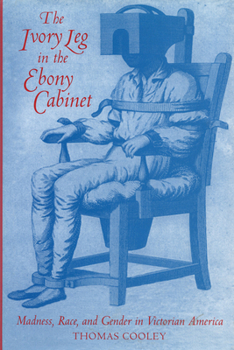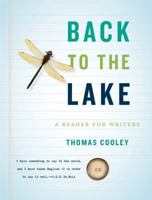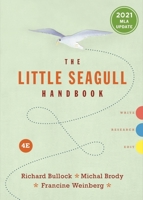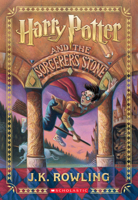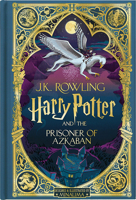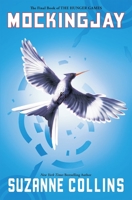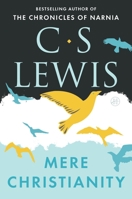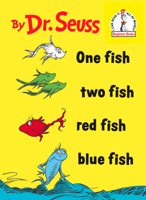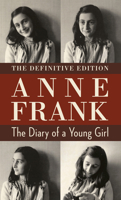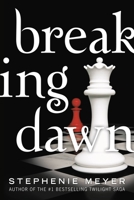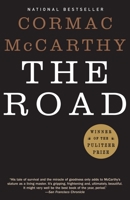The Ivory Leg in the Ebony Cabinet: Madness, Race, and Gender in Victorian America
From Samuel Morton's collection of Native American skulls to William James's writings on the consciousness of lost limbs, this book examines a startling array of artifacts that reflect nineteenth-century thinking about madness, race, and gender. According to Thomas W. Cooley, what unites these seemingly disconnected cultural fragments is the governing model of "psychology," as it was just then coming to be called, that shaped the American understanding of "mind" before the age of Freud. Essentially a "faculty" psychology, this model conceived of the human mind as a set of separate roomlike compartments, each with its proper office or capacity. Under this architecture, a healthy mind was characterized by the harmonious interrelation of these faculties; madness, conversely, was believed to occur when the "chambers" of the mind became cut off from one another. In addition, gender and racial qualities were associated with different mental functions: the reasoning intellect took on a "masculine" and "white" valence, while the emotions and appetitive faculties were considered "feminine" or "black." What was thought to be true for the individual also applied to the group. Thus a balanced mind, a happy marriage, and a strong nation all drew their legitimacy from the same essentially racist and sexist model, one that posited a union of parts arrayed in an ostensibly natural hierarchy of authority. In effect a master/slave psychology, this paradigm prevailed in American thought until the end of the nineteenth century. As Cooley shows, it profoundly shaped artifacts of American high culture as well as low--from the writings of Hawthorne, Stowe, Douglass, Dickinson, and the Jameses to political speeches, medical treatises, phrenological sculptures, and sideshow exhibitions.
Format:Hardcover
Language:English
ISBN:1558492844
ISBN13:9781558492844
Release Date:June 2001
Publisher:University of Massachusetts Press
Length:344 Pages
Weight:1.63 lbs.
Dimensions:1.1" x 6.4" x 9.6"
You Might Also Enjoy
Customer Reviews
0 customer rating | 0 review
There are currently no reviews. Be the first to review this work.











